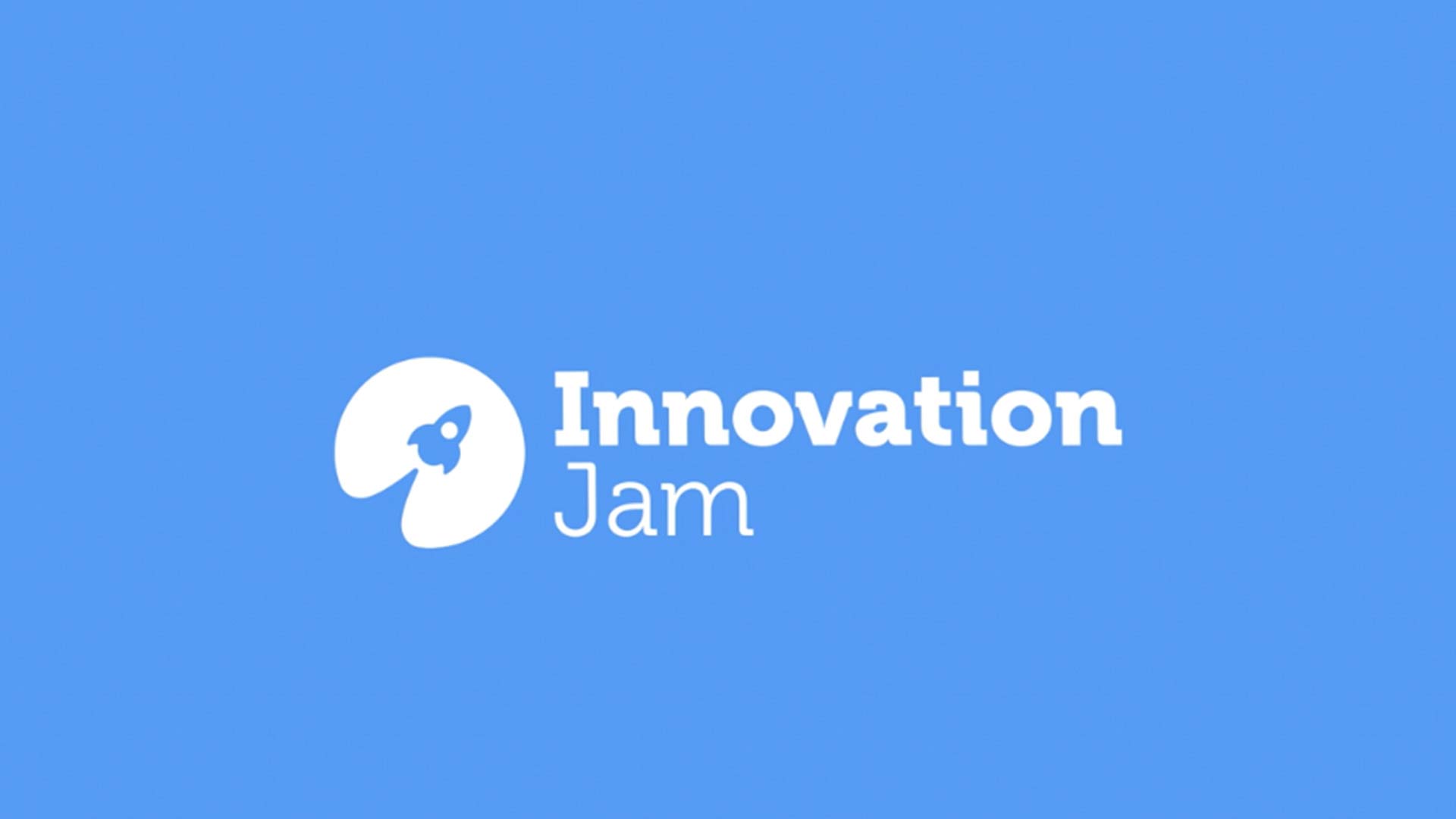
A new e-learning paradigm: creating and disseminating knowledge
Tapping into an implicit human quality
Sharing is a fundamental of our society: it doesn’t function without sustained and systematic sharing of everything, from resources, to words, opinions, intellect and ideals, all the way to the very concept of space.
The sharing of knowledge, with students and the wider world, is the fundamental human quality that underpins a University.
It is through the sharing of knowledge via a variety of mediums that we create generations of job-ready graduates ready to make valued contributions to society.
In 2020, the emphasis on sharing online and remotely has never been more important. Digital delivery of university courses has meant that digital communication skills and technology have never mattered more. At RMIT, more than 70,000 students depend on it for their future livelihoods.
Innovation in this space has been welcomed by the College of Business and Law (COBL) at RMIT, and one project in the recent Innovation Jam has a proposal to create a model for delivering e-learning with the potential to achieve better student outcomes, and create a new revenue stream for the University.
Trials in the entrepreneurship discipline
The project is powered by an intelligent e-learning platform and outlines a “born-global” business model, according to Dr Gerrit de Waal, member of the project team and Senior Lecturer in the COBL School of Management.
“The project utilises best-practice pedagogies to facilitate cost-effective curriculum design and integration of expert-sourced content for the entrepreneurship discipline, seamlessly delivered to a client Learning Management System,” he said.
“What’s proposed is a game-changing, highly scalable business model for the commercialisation of the Shared Learning Repository being developed by a team of academics from the School of Accounting, Information Systems and Supply Chain (AISSC) and the School of Management (SoM).”
“It features the global delivery of academic programs, piloting the concept in the entrepreneurship discipline. If successful, other academic disciplines can adopt and adapt the business model to suit specific contexts.”

Innovation Jam at RMIT
The College of Business and Law collaborated with RMIT Activator to run a 12-week course to develop innovative e-tech ideas into products for the university to implement. Here's how the participants found the course.
Gerrit said the idea had the capacity to fundamentally change the role of educators, freeing up valuable time and ensuring that teaching skills are applied in the situations where “they can have the most impact”.
“The role of the educator is redefined as facilitating applied learning and peer-to-peer collaboration, while contextualising knowledge through expert mentorship and coaching,” he said.
“Under this model, educators no longer deliver lectures, but they are still responsible for the design of curricula, assessment items, coordination, and other associated challenge-based activities.”
It’s an idea sure to shake up Higher Education but one that opens up possibilities in teaching quality that are unattainable under the current model.
Developing skills to make a product out of an idea
After submitting their project proposal to the COBL as part of the Innovation Jam in 2019, the project was one of the successful submissions that were invited to participate in a 12-week workshop run by RMIT Activator.
During this workshop – which started face-to-face but was eventually forced to be run remotely – participating project teams were given the skills and tools to develop their ideas into products with usability to the university.
RMIT Activator’s expertise in entrepreneurial skills played an important role in creating something out of a proposal, and their willingness to share their skills, tools and knowledge was heralded by the workshop participants.
“Throughout the 12-week Innovation Jam program we followed a structured approach that focused us on a logical sequence of activities in developing our solutions,” explained Gerrit.
“It was very insightful, for example, to first go through a thorough process of understanding the full scope of the customer problem before we started developing our solutions.
“Speaking of which, we were constantly reminded to engage our end-users – teachers and students – during solution development as this provided excellent ideas for improving our designs,” he said.
“It was also great to observe the other teams’ progress and learn from their experiences too.”
The subscription model employed in this new model for delivering e-learning provides a significant new revenue stream for RMIT, making it an attractive business proposition. The exclusive licensing arrangement with content creators ensures the cost-effective sourcing of teaching materials that are constantly updated, and quality controlled through an editorial function.
In a world increasingly light on mutually beneficial innovative outcomes for students and educators alike, a game-changing business model for delivering e-learning shapes as something that harnesses the power of entrepreneurship for the benefit of all of society in the long-term.


Acknowledgement of Country
RMIT University acknowledges the people of the Woi wurrung and Boon wurrung language groups of the eastern Kulin Nation on whose unceded lands we conduct the business of the University. RMIT University respectfully acknowledges their Ancestors and Elders, past and present. RMIT also acknowledges the Traditional Custodians and their Ancestors of the lands and waters across Australia where we conduct our business - Artwork 'Sentient' by Hollie Johnson, Gunaikurnai and Monero Ngarigo.
More information